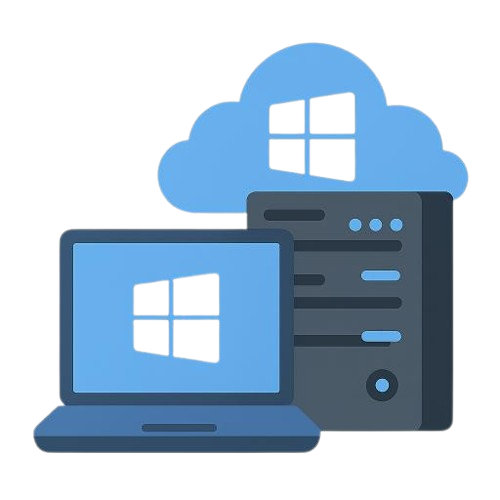
Developer Hosting Guide: Finding the Perfect Environment for Your Code
Whether you’re building your first web app or deploying a full-scale SaaS product, choosing the right hosting environment is crucial. Developer hosting isn’t just about getting a website online — it’s about having the speed, tools, and flexibility you need to build, test, and deploy with confidence.
In this guide, we’ll walk through what makes developer hosting different, the types of hosting environments available, and how to choose the best one for your specific needs.
What is Developer Hosting?
Developer hosting is tailored specifically for programmers and software developers. Unlike traditional web hosting, developer hosting offers more control, customization, and technical tools such as:
SSH access
Git integration
Staging environments
Command-line tools
Root or sudo access (on VPS/dedicated servers)
Support for various programming languages and frameworks
It’s built to support development workflows, CI/CD pipelines, and collaborative projects — not just static websites.
Types of Hosting for Developers
Depending on your project’s complexity and budget, you can choose from several hosting types:
1. Shared Hosting (Not Ideal for Developers)
Best for: Basic websites, small projects
Limitations: Limited control, no root access, slower speeds
Why Avoid: Lacks flexibility and performance for serious development
2. VPS Hosting (Virtual Private Server)
Best for: Mid-size apps, scalable web applications
Pros: Full root access, custom environments, isolated resources
Cons: Requires server management skills
3. Dedicated Hosting
Best for: High-traffic apps, enterprise-grade software
Pros: Full control, maximum performance
Cons: Expensive, high maintenance
4. Cloud Hosting (AWS, GCP, Azure, DigitalOcean, etc.)
Best for: Scalable apps, startups, modern dev workflows
Pros: Pay-as-you-go, autoscaling, wide tool support
Cons: Learning curve, can become costly without optimization
5. Platform-as-a-Service (PaaS)
Examples: Heroku, Vercel, Render, Netlify
Best for: Fast deployment, frontend/backend frameworks
Pros: No server management, CI/CD built-in
Cons: Less flexibility, provider lock-in risks.
Key Features to Look For in Developer Hosting
When selecting a hosting provider, prioritize these developer-friendly features:
SSH Access: Secure command-line control
Git Integration: Push code directly from repositories
Staging Environments: Test changes before going live
Custom Stack Support: Choose your OS, language versions, and runtime
Scalability Options: Upgrade resources as your app grows
Strong Documentation & Community: Helpful support and guides
Popular Developer Hosting Providers
Here are some widely used and trusted platforms for developers:
DigitalOcean – Great for cloud VPS with easy setup
Linode – Developer-focused VPS hosting
Heroku – Simple deployment for web apps
Vercel / Netlify – Best for frontend and Jamstack developers
AWS / GCP / Azure – Enterprise-level cloud hosting
Render – A new favorite among full-stack developers
How to Choose the Right Hosting for You
Ask yourself these questions before deciding:
What is the size and scope of your project?
Do you need full control over the server environment?
Are you comfortable with server management?
What’s your budget?
Will you need to scale quickly in the future?
Conclusion
Developer hosting is about more than just running code — it’s about building in an environment that works with you, not against you. Whether you prefer the raw power of a VPS or the simplicity of a PaaS like Heroku, there’s a hosting solution that fits your workflow.
